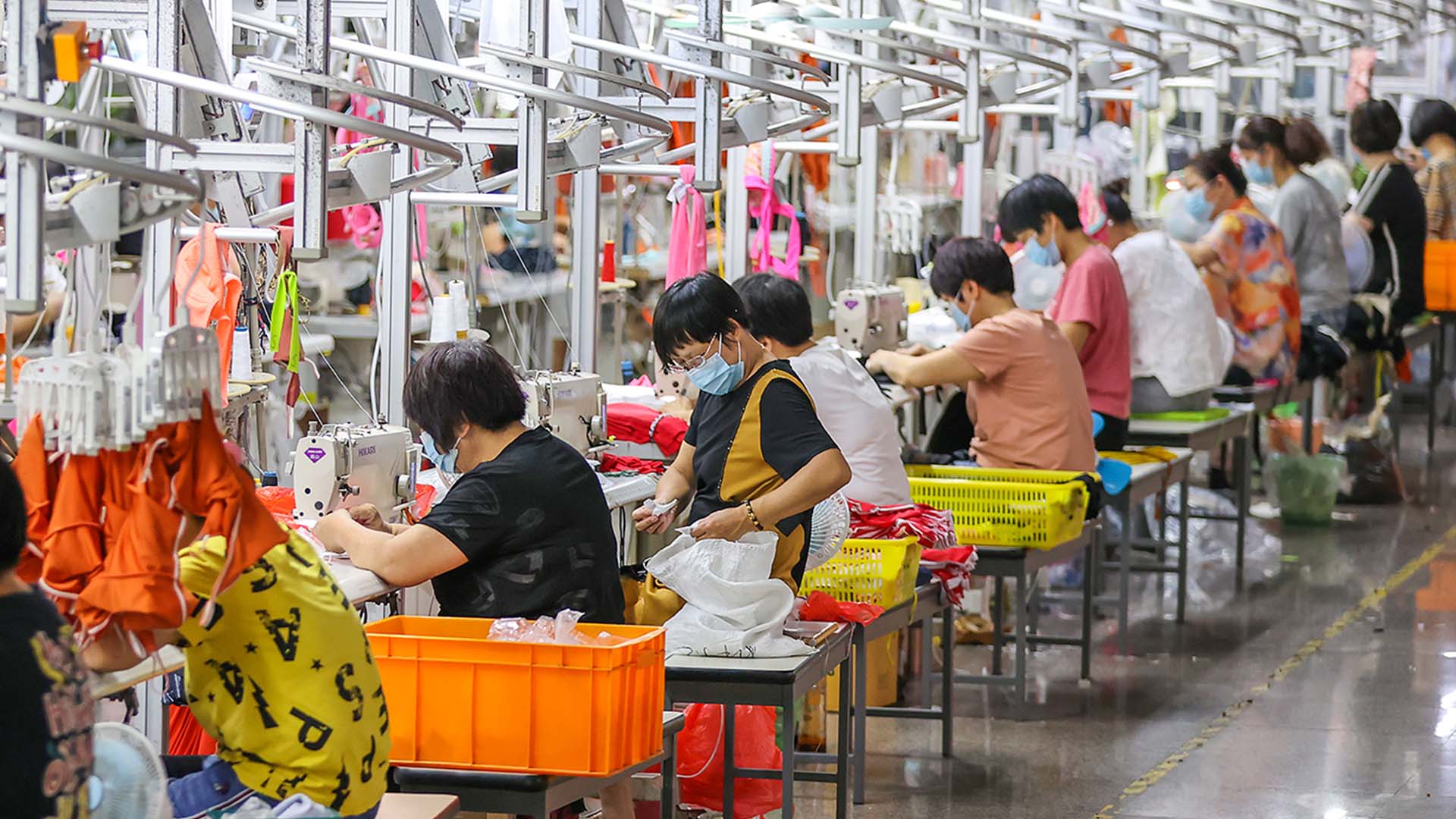In late March of 2022, the EU European Commission proposed new rules to crack down on the fast fashion industry to ensure that consumer goods are more sustainable, longer-lasting, and easier to repair and recycle. The rules set standards for how durable and reusable clothes must be and ban the destruction of unsold products.
Rules
By 2030, regulators hope that all textiles brought to the European market will be long-lasting, fully recyclable, free of hazardous substances, and produced in respect of social rights and the environment. The rules also require companies to include information about how sustainable and recyclable a clothing item is on its label.
This initiative to target fast fashion is predominantly because of fast fashion’s reported environmental impact. The European Commission noted that clothes usage accounts for the region’s fourth-biggest impact on the environment and climate change, after food, housing, and transport. The Commission also found that roughly 6.4 million tons of textiles are discarded in the EU each year, equaling about 24 pounds per person. This means that every second somewhere in the world a truckload of textiles is landfilled or incinerated.
Sustainability is the buzzword when it comes to fashion.
Our new EU textiles strategy will help the sector become more sustainable and circular, with the green transition bringing new opportunities.
⬇️ Our #EUDataCrunch highlights why this matters.
— European Commission 🇪🇺 (@EU_Commission) March 30, 2022
Furthermore, almost three-quarters of all clothing and textiles used in the EU are imported, worsening the fast fashion environmental impact with greenhouse gasses needed to import the items. In 2019, for example, the EU imported over 80 billion euros ($89.2 billion) in clothes, mainly from China, Bangladesh, and Turkey. As a result, the proposed changes will require a massive shift in the industry across the multiple countries that import to the EU.
Fast Fashion
Fast fashion is defined as the practice of rapidly translating high fashion design trends into low-priced garments and accessories by mass-market retailers at low costs. This includes elements such as the low price of garments, fast method of manufacturing shipping, and the trend-based nature and disposability of the clothes. The mass production of cheap clothing is an enormous waste of resources like fuel and water. There is also a lack of regulation in terms of working, safety conditions, and wages, as well as the use of chemicals and pollutants in the factories.

The fast fashion industry has grown dramatically in the past few decades, in part because of the ease and availability of online retailers. According to CNBC, the market manufactures 400 percent more clothing today than 30 years ago.
Unlike the EU, the United States currently does not have additional regulations around fast fashion, but the tides could soon be changing. On January 7th, 2022, The New Standard Institute announced The Fashion Act, a new bill introduced by legislators in the New York State Senate and House of Representatives.
Under the bill, all apparel and footwear retailers with global revenue of at least $100 million selling their products in New York State would be required to map at least 50 percent of their supply chains, communicate their material production volumes, disclose environmental and social impacts, and set binding targets to reduce those impacts. The bill is currently making its way through Senate and Assembly committees, with the sponsors aiming to bring it to a vote in late spring after state budget negotiations are complete.







